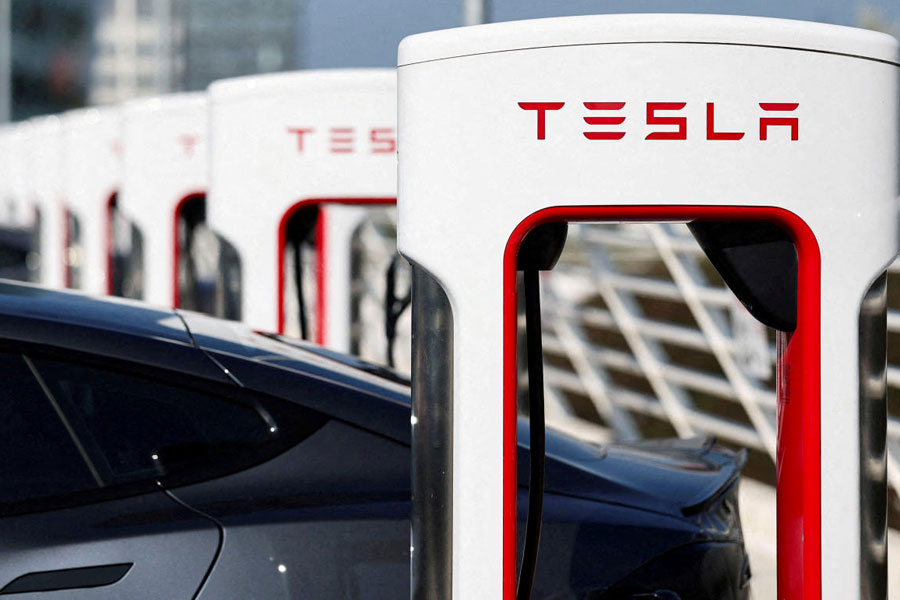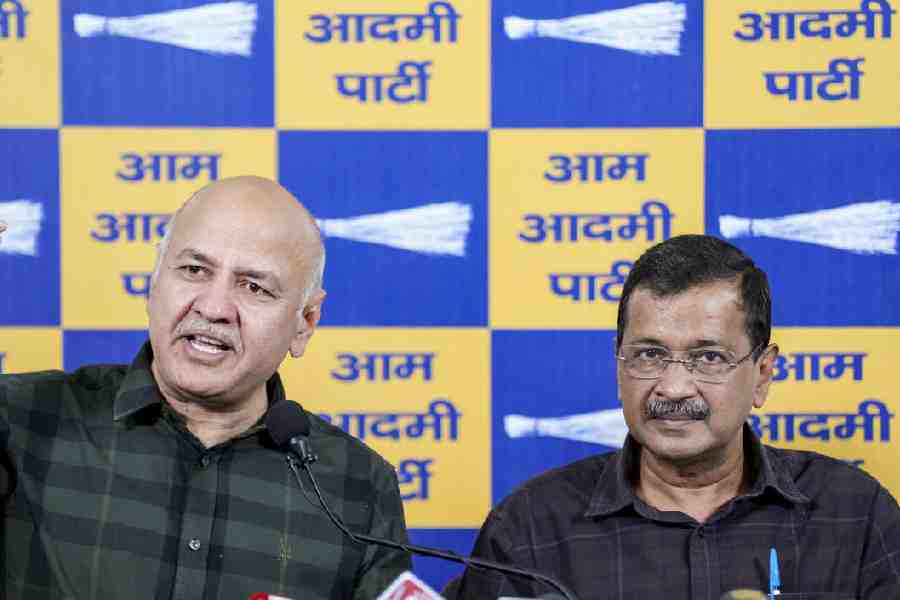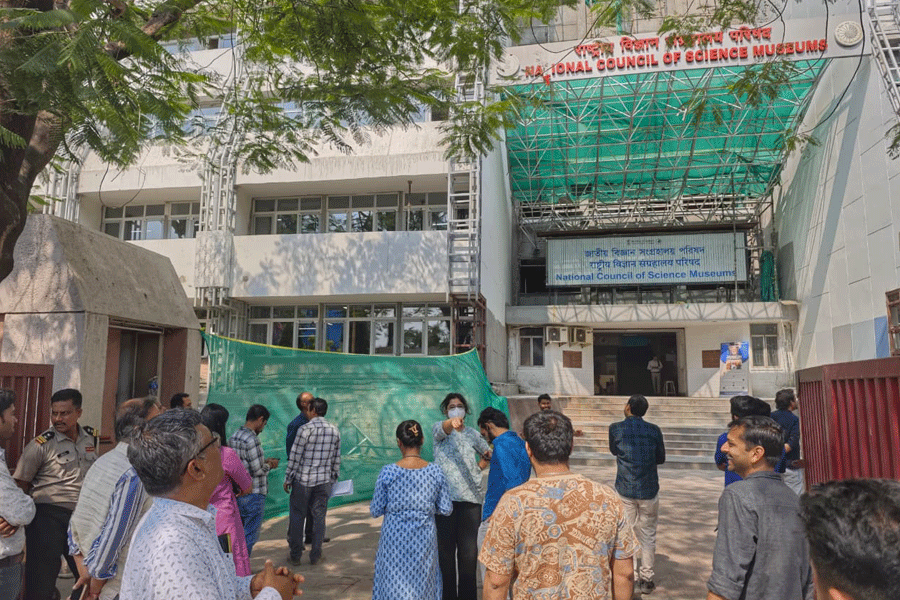Tesla, once the industry leader in customer loyalty, has seen a drop in repeat buyers since CEO Elon Musk endorsed Donald Trump in July 2024, according to exclusive data from research firm S&P Global Mobility.
The revelation comes as Tesla's board attempts to retain Musk with a share award worth $29 billion, following a court ruling that voided his previous compensation package.
The S&P data shows Tesla’s customer loyalty peaked in June 2024, with 73 per cent of Tesla-owning households in the market for a new vehicle choosing to buy another Tesla. But loyalty began plunging the following month—when Musk backed Trump after an assassination attempt on the Republican nominee.
By March 2025, Tesla’s loyalty rate had sunk to 49.9 per cent, falling below the industry average.
“I’ve never seen this rapid of a decline in such a short period of time,” said Tom Libby, an analyst at S&P Global Mobility. He called the loyalty nosedive "unprecedented."
Although the rate climbed back up to 57.4 per cent in May 2025 — slightly above the industry average and comparable to Toyota — it still trailed key rivals such as Ford and Chevrolet.
Analysts say the shift reflects growing discomfort among Tesla’s eco-conscious customer base with Musk’s political activism.
“If they have Democratic leanings, then perhaps they consider other brands in addition to Tesla,” said Seth Goldstein of Morningstar.
Tesla did not respond to requests for comment.
The fallout has been exacerbated by Tesla’s ageing product lineup.
Since 2020, the only new model has been the angular Cybertruck, which has underperformed despite Musk’s predictions of massive sales. Tesla CFO Vaibhav Taneja, during an April earnings call, pointed to "the negative impact of vandalism and unwarranted hostility towards our brand and people," while also noting "several weeks of lost production" due to factory retooling for the Model Y refresh.
Musk, on the same call, maintained: “Absent macro issues, we don't see any reduction in demand.”
But Tesla’s sales numbers tell a different story. US vehicle sales dropped 8 per cent in the first five months of 2025, while European sales plummeted 33 per cent in the first half of the year, amid intense backlash over Musk’s politicisation of the brand.
“This was very bad timing,” said Garrett Nelson, a CFRA Research analyst. “My top concerns for Tesla are its loss of market share and what can be done to repair the brand damage.”
Tesla’s once-dominant ability to attract new customers from rival brands has also weakened. From 2020 through mid-2024, Tesla gained nearly five new households for every one it lost. That figure has since fallen to fewer than two, its lowest level ever, according to S&P.
“The data shows clearly that the net migration to Tesla is slowing,” Libby added.
Brands such as Rivian, Polestar, Porsche, and Cadillac are now attracting more Tesla owners than they’re losing to Tesla.
Still, some investors remain optimistic. Brian Mulberry of Zacks Investment Management said he believes Tesla’s future lies in AI and autonomous vehicles, not car sales. With Tesla testing robotaxis in Austin, he said, “there’s a case to be made that Tesla doesn’t need to sell cars and trucks anymore.”
Amid this backdrop, Tesla has moved to retain its CEO with a massive new pay deal. The board has approved a grant of 96 million shares worth about $29 billion to Elon Musk. The move comes as Musk appeals a 2024 Delaware court ruling that voided his 2018 compensation package—then valued at over $50 billion—as unfair to shareholders.
"While we recognize Elon's business ventures, interests and other potential demands on his time and attention are extensive and wide-ranging ... we are confident that this award will incentivize Elon to remain at Tesla," the board’s special committee said in a recent filing.
The award, which matches the structure of the rescinded 2018 CEO Award, requires Musk to pay $23.34 per share of restricted stock that vests.
Tesla shares rose more than 2 per cent in premarket trading following the announcement.
The company appears to be at a turning point, with Musk steering it toward a future defined more by autonomous technology and robotics than traditional car manufacturing.
As one insider put it, the latest award is designed to “gradually boost Musk’s voting power,” a strategy that supporters argue is essential to ensuring he remains focused on Tesla’s mission.










